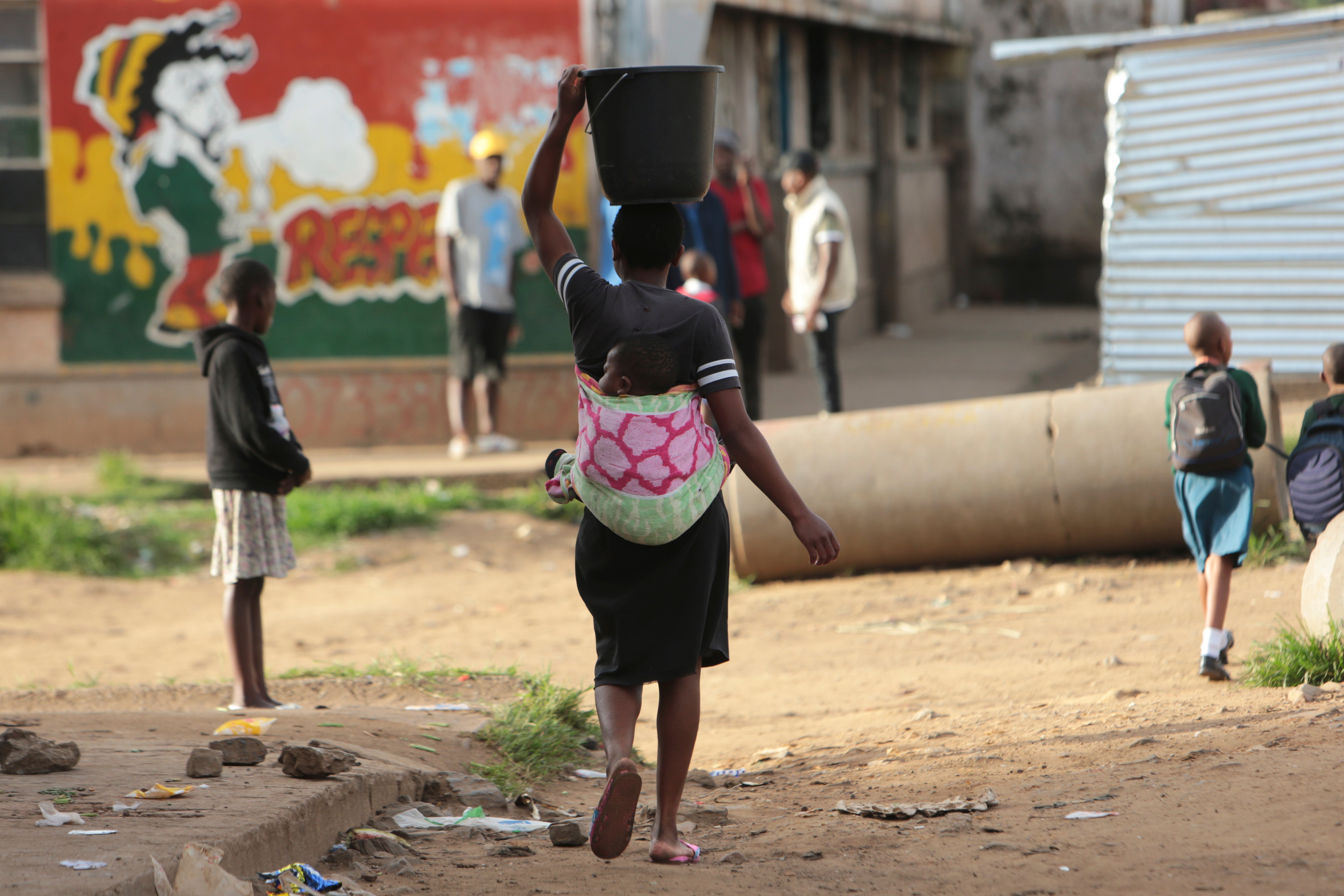UN report points to yawning gap of inequality in sexual and reproductive health worldwide
The U.N. population fund says in a new study that an African woman is roughly 130 times more likely to die from pregnancy and childbirth complications than a woman in Europe or North America

Your support helps us to tell the story
From reproductive rights to climate change to Big Tech, The Independent is on the ground when the story is developing. Whether it's investigating the financials of Elon Musk's pro-Trump PAC or producing our latest documentary, 'The A Word', which shines a light on the American women fighting for reproductive rights, we know how important it is to parse out the facts from the messaging.
At such a critical moment in US history, we need reporters on the ground. Your donation allows us to keep sending journalists to speak to both sides of the story.
The Independent is trusted by Americans across the entire political spectrum. And unlike many other quality news outlets, we choose not to lock Americans out of our reporting and analysis with paywalls. We believe quality journalism should be available to everyone, paid for by those who can afford it.
Your support makes all the difference.A new study says an African woman is roughly 130 times more likely to die from pregnancy and childbirth complications than a woman in Europe or North America, the U.N. population fund reported Wednesday as it decried widening inequality in sexual and reproductive health and rights worldwide.
UNFPA's latest “ State of World Population ” report also estimates that nearly 500 maternal deaths occur in countries with humanitarian crises or conflicts, and shows that women of African descent in the Americas are more likely to die giving birth than white women.
“Sweeping global gains in sexual and reproductive health and rights over the last thirty years are marred by an ugly truth — millions of women and girls have not benefited because of who they are or where they were born,” the fund said in a statement.
UNFPA executive director Dr. Natalia Kanem said the unintended pregnancy rate has declined by nearly one-fifth since 1990 and the maternal death rate has dropped by more than one-third since 2000.
But “inequalities within our societies and health systems are widening, and we have not adequately prioritized reaching those furthest behind,” she said. Improvements in health care access have mostly benefited wealthier women and members of ethnic groups with better access to care, the fund said.
Kanem hailed some progress: More than 160 countries have passed laws against domestic violence, and “legislation against LGBTQIA+ sexuality” that was once widespread has been on the retreat. Now only one-third of countries have such laws.
While she credited “the world's agreement” that led to such gains, Kanem also warned: “Human reproduction is being politicized. The rights of women, girls and gender diverse people are the subject of increasing pushback."
“And yet, today, that progress is slowing. By many measures, it has stalled completely," she said. “Annual reductions in maternal deaths have flatlined. Since 2016, the world made zero progress in saving women from preventable deaths in pregnancy and childbirth.”
“Health systems today are weak," Kanem added. "They’re tainted by gender inequality, by racial discrimination and by misinformation.”
The fund called for new investment in sexual and reproductive health, as well as improvements in sexuality education, stopping gender-based violence, and “ending unmet need for contraception” — an issue that has driven a wedge in some countries.
Under the term of U.S. President Donald Trump, the United States halted funding for UNFPA largely over concerns about abortion — depriving the fund of tens of millions of dollars over four years.